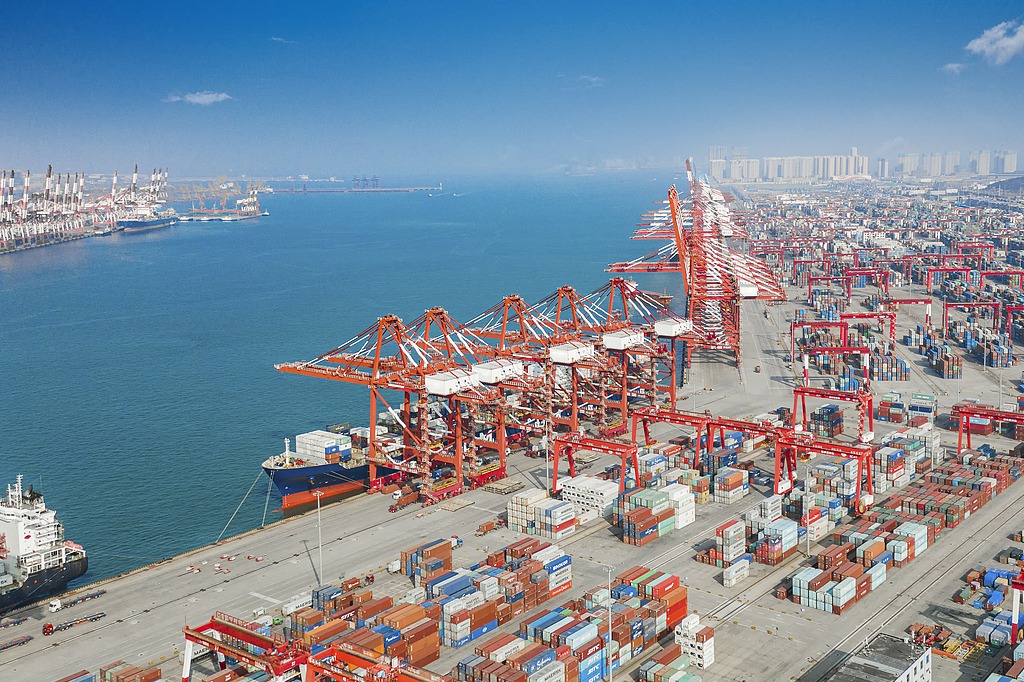Beijing to accelerate creation of digital trade pilot zone


Beijing will speed up the construction of a high-quality digital trade demonstration area, in a move to gain a key competitive edge in the global market.
Ji Lin, chairman of the Beijing Municipal Committee of the Chinese People's Political Consultative Conference, said Beijing will build a digital trade pilot zone relying on key areas such as Zhongguancun Software Park, national digital service export bases, free trade zones and the Beijing Daxing airport area, and make full use of blockchain, artificial intelligence, big data and other new technologies for boosting production to make business more competitive.
"(We'll) ramp up efforts to develop new business from and models connecting services and manufacturing, cultivate a group of leading digital enterprises and unicorns with global influence, and build a sustainable, open and prosperous trading system," Ji said.
According to Ji, the added value of Beijing's digital economy accounted for 50 percent of the city's GDP in 2019, gaining the top spot nationwide and becoming a key digital economy innovation and development hub.
Ji made the remarks at the Forum of Trends and Latest Developments of Digital Trade under the ongoing China International Fair for Trade in Services held in Beijing. The CIFTIS will last from Sept 4 to 9 in Beijing.
With the booming digital transformation driven by the next-generation information and communication technologies, digital trade has now become a new engine for global economic development.
Despite the rising uncertainties and disruption surrounding the economic stability and trade growth of countries around the world, a wide range of fields have emerged as unlikely beneficiaries amid the COVID-19 outbreak, Ji said.
"(We've seen) rapid development in fields such as online shopping, online education, online medical services and online entertainment," Ji said. "The emerging digital technology solutions and digital trade will inject new impetus to economic recovery. And it also changes consumption and living habits, helping move people toward the digital globalization era."
"Undergoing changes unseen in a century, we must grasp the opportunities brought by the booming new technologies and the digital economy, develop new business forms of digital trade, and foster new growth areas for economic and social development."
Beijing, as a national science and technology innovation center, is working to build a new model of development in which domestic economic networks play the primary role, and domestic and international economic networks complement each other.
According to Ji, the total import and export volume of Beijing's service trade reached $160 billion in 2019, occupying around 20 percent of the service trade volume in China.
In 2019, Beijing topped all other Chinese cities in terms of the number of leading Chinese big data enterprises. A total of 22 Beijing-based enterprises won places in the list of the 2019 top 500 Chinese big data companies, Ji said.
In the next step, Beijing will continue to accelerate the push to develop new business forms and models in fields such as new infrastructure, new opening-up, new consumption, new scenarios and new services, Ji added.
- China to ramp up measures to spur digital economy growth
- Foreign firm execs hail Xi's speech at global trade in services summit
- CIFTIS to facilitate service trade between China, Eurasian countries, says expert
- China to issue negative list for services trade by late 2020
- China's accelerating development of services trade benefits global economy




































